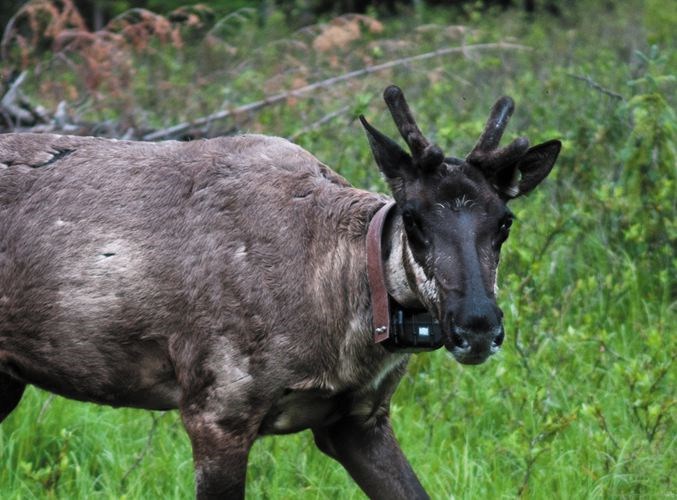Political and business leaders from the Peace region were in Victoria on Wednesday calling on the province to stop its caribou recovery plans for the South Peace.
"One of the challenges were faced with right now is that our government, the NDP government, is coming in and imposing on rural British Columbia, a chance that's going to shut down the entire backcountry, that's going to devastate communities," Peace River South MLA Mike Bernier said during a news conference with provincial media.
"We have a chance here where towns like Chetwynd, Tumbler Ridge, Dawson Creek, where people are going to be losing their jobs."
Bernier was joined by his northern counterpart MLA Dan Davies, along with business leaders including Kathleen Connolly and Tim Schram of Corlane Sporting Goods in Dawson Creek.
The group is pressuring the government to scrap two agreements being developed with area First Nations and the federal government to help recover caribou herds around Chetwynd and Tumbler Ridge.
Included in those agreements are planned restrictions to industrial development in high elevations considered crucial to the survival of the caribou, and looming restrictions to backcountry access. The agreements were drafted without first studying how the restrictions will impact local economies, and without the involvement of local governments.
It's put leaders and residents on high alert, with rumours the agreements could lead to up to 500 job losses, mill closures, and shutter recreational activities across wide swaths of the backcountry. More than 30,000 people have signed a petition to stop the ongoing negotiations.
"The petition asks for some very specific things from government," said Connolly, executive director of the Dawson Creek Chamber of Commerce and team lead for the Concerned Citizens for Caribou Recovery.
"The first thing we asked is that they stop all negotiations on the partnership agreement and Section 11, they didn't do that. We asked them to do consultations with stakeholders -- industry, local government, anybody who is going to be impacted by backcountry closures potentially -- they didn't do that. We asked them to do a socio-economic impact assessment, they didn't do that. We asked them to give us science and data to support the closures ... and what they were looking at doing in our community, they didn't do that either."
Southern mountain caribou in the region have been listed as a threatened wildlife species under the federal Species At Risk Act since 2003. Last year, the federal government declared the species to be under imminent threat of recovery, starting a year-long timeline to put a recovery strategy in place.
B.C. has drafted a partnership agreement with the Saulteau and West Moberly First Nations that proposes a series of moratoriums on resource development, and continuing support for a maternal penning program as well as an ongoing wolf cull. It's also drafted an agreement under Section 11 of the federal Species At Risk Act with Ottawa that outlines "broad recovery actions" and gives the province access to federal funding to support those efforts.
The public has been given just a month to provide comment, and the agreements are expected to be signed this summer.
Thousands turned out to public town halls last week in the Peace to express their frustration about the consultation process. Many believe the agreements are already a done deal, and will likely see little to no changes between the draft and the finalized versions.
While the agreements will drastically reshape resource development in the region, provincial officials have warned the federal government could issue an emergency order that would effectively shut down all industrial activity without those agreements in place.
There are roughly 230 caribou remaining in the region, down from between 800 to 1,000 in the 1990s.
A wolf cull and maternity penning program have led to increased birth rates, plummeting death rates, and rising herd populations, according to government scientists.
-- See related letter on page 4



